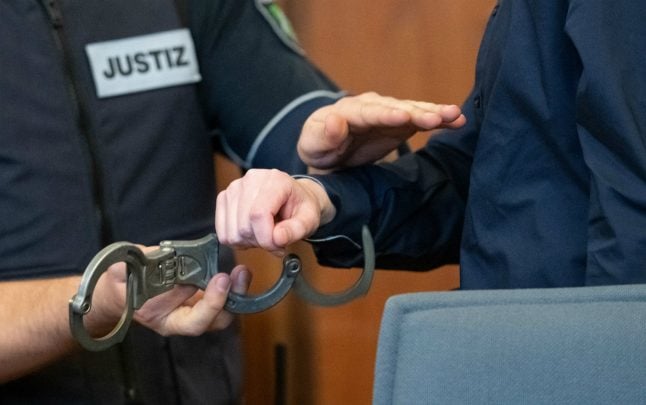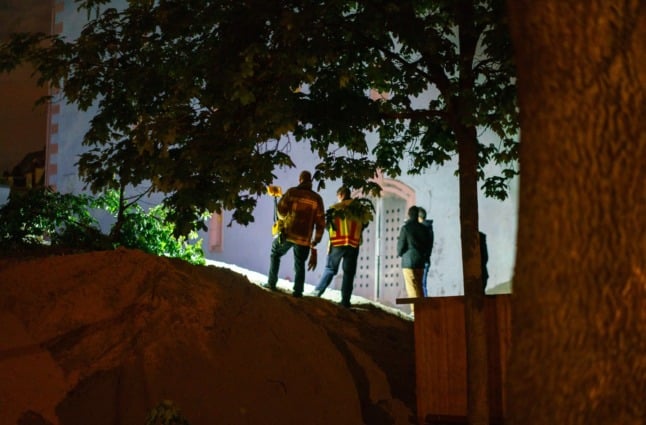After an 11-month trial, the trained electrician, who was born in Russia, was also found guilty of causing an explosion and two counts of causing serious injury after the blasts wounded Spanish defender Marc Bartra and a police officer.
SEE ALSO: Prosecutors demand life for Dortmund bus bomber
Wenergold had stayed in the same hotel as the team when he launched the attack on April 11th, 2017 as the bus was heading for a Champions' League match against Monaco.
He had hidden in a hedge three explosive devices, each of which contained up to a kilogramme (2.2 pounds) of a hydrogen peroxide mixture and about 65 cigarette-sized metal bolts.
Wenergold had left letters suggesting an Islamist terrorist motive at the scene, sparking initial alarm about a possible jihadist attack.
Market gamble
Wenergold's defence lawyer Carl Heydenreich said his client had hoped to spark panic and terror, not to wound or kill people, and asked for lenient punishment well below 10 years' prison.
Heydenreich blamed the defendant's “narcissistic personality” and told the court Wenergold had wanted to “commit the perfect crime to please his ego — he wanted the gains without doing harm”.
Prosecutors called this claim “nonsense” and argued that the defendant had aimed to kill as many players as possible.
A physics expert testified in September that Wenergold could not have controlled the explosive power of the blasts, saying that “a layman cannot control such bombs”.
Wenergold had bought put options and contracts worth some €26,000 euros — essentially a bet on the club's share price falling — and had hoped to gain half a million euros, said prosecutors.
SEE ALSO: Dortmund bomb attack 'changed my life', footballer tells court
The defendant reportedly drew attention to himself at the hotel, first by insisting on a window room facing the front and then, in the chaos after the blasts, by calmly walking into its restaurant to order a steak.
Police arrested Wenergold 10 days after the attack.
Several players of Borussia Dortmund, the current Bundesliga leaders, gave emotional testimony during the trial about the trauma they suffered.
A day after the attack, Dortmund played their postponed game against Monaco and lost, prompting then coach Thomas Tuchel to rail against UEFA for not giving the players time to come to terms with their fear before returning to the pitch.
Wenergold, who confessed to the attack in January, voiced his regret last week when he told the court: “I would like to apologize to everybody.”



 Please whitelist us to continue reading.
Please whitelist us to continue reading.
Member comments